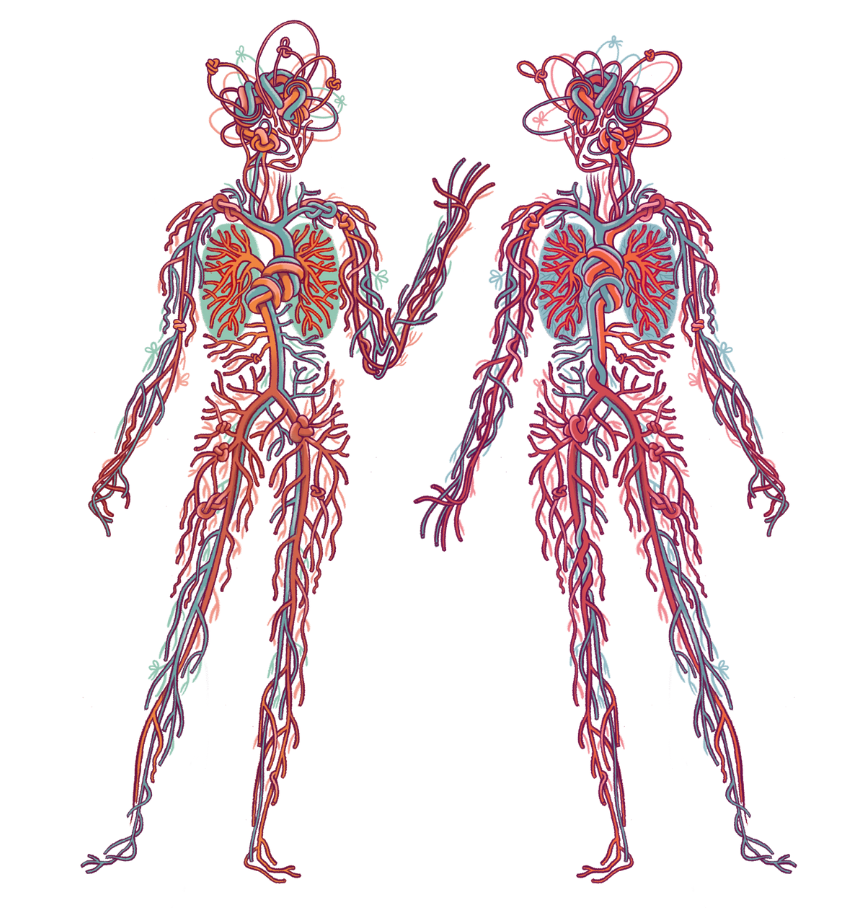Why your body can’t switch off (and how to change it)
The number 1 thing I work with clients on is this feeling of chronic activation. "Hard to switch off." "Always tense." "My body feels 'on' even when I'm supposed to be relaxing." It shows up in your body: Tight jaw, clenched belly, shallow breathing, that “always on” hum under the surface. It shows up in your attention: Quick to react, hard to slow down, bouncing between tasks without ever feeling done. It shows up in your sleep: Tired but unable to drop in, waking up through the night, or starting the day already depleted. One of the key ideas I explain to them is this: Relaxation is not an on-off switch. Your nervous system doesn't relax just because you sit down on the couch, step away from your screen, or turn off the lights. After months or years of running in overdrive, your nervous system has literally forgotten how to downshift. Your baseline of autonomic arousal has crept up. What now feels "normal" to you is actually a state of chronic sympathetic activation. Think about it: when was the last time you felt truly, deeply relaxed? Not exhausted, not crashed on the couch scrolling your phone, but genuinely at ease in your body? Every muscle loose, every limb heavy, deep...
